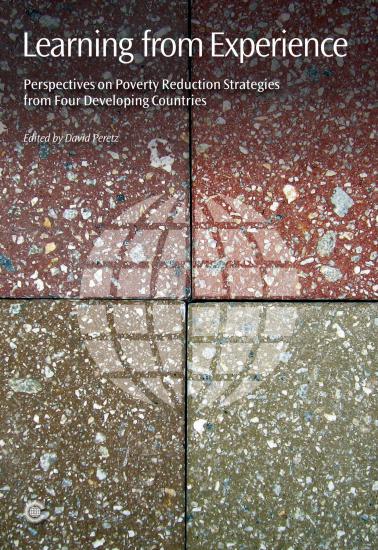Learning from Experience: Perspectives on Poverty Reduction Strategies from Four Developing Countries
Synopsis
Learning from Experience explores how the Poverty Reduction Strategy Initiative (PRSI) process is working, as seen from the perspective of four recipient countries. This initiative of the World Bank and IMF was introduced in 1999, with the aim of making aid more effective. It has been implemented in over forty low-income countries. Support for it from international institutions, donors and others, has ranged from enthusiastic to hostile.
The four-country studies in this volume, from Tanzania, Ghana, Malawi and Bangladesh, consider the PRSI process under six headings: design of the strategy; the extent of country ownership and how to strengthen it; implementation; accountability; alignment of development partner support; and improving donor practices and procedures and cutting transactions costs.
Learning from Experience presents the effects of the PRSI process as they are experienced from recipient countries themselves, and will help international and national economic planners improve the way in which future Poverty Reduction Strategy plans are developed and implemented.
Chapters
-
Foreword
-
Acronyms
-
Introduction
-
Monitoring Donor and IFI Support Behind Country-owned Poverty Reduction Strategies in the United Republic of Tanzania
-
Monitoring Donor and IFI Support Behind Country-owned Poverty Reduction Strategies in Ghana
-
Monitoring IFI and Donor Support for Poverty Reduction Strategies: Malawi
-
Monitoring Donor Support for the Poverty Reduction Strategy in Bangladesh: Rethinking the Rules of Engagement
-
Summary of 2002 report of the Independent Monitoring Group (IMG): enhancing aid relationships in Tanzania
-
References

Downloads
Published
Categories
License

This work is licensed under a Creative Commons Attribution-NonCommercial-NoDerivatives 4.0 International License.

